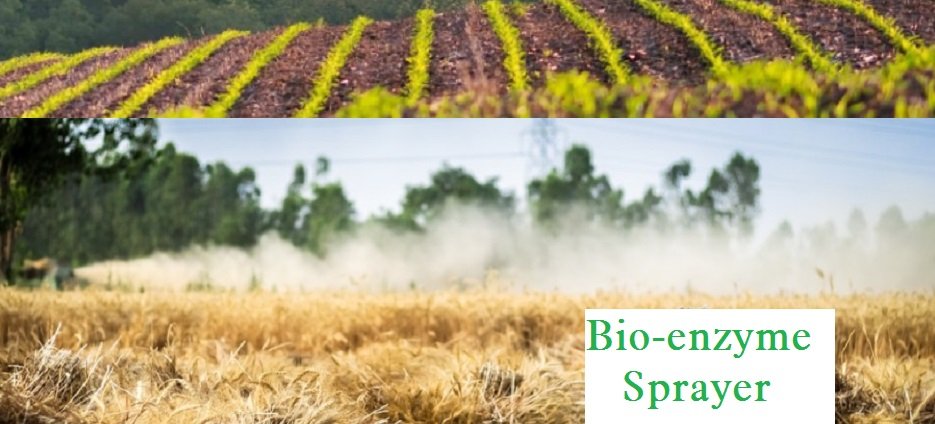India’s most ambitious efforts to eliminate stubble burning issue through a bio-enzyme sprayer that breaks down the rice straw and converts it into fertilizer.
A gig working woman is on a mission. She has been traveling from village to village for weeks, asking farmers in the vicinity of New Delhi to stop burning stubble from harvested rice crops.
As the winds slow in the winter season, a poisonous haze forms over northern India. During the worst periods, air pollution can exceed the global safety threshold multiple times. Stubble burning is a major contributor to smog.
CM unveiled two ambitious projects to enhance state’s agri, horti sectors
Bio-enzyme sprayer substance
She is one of several hundred gig workers in the state of Haryana, all of whom are women, who are attempting to buck the trend. She advises farmers to spray a white bio substance on their fields to biodegrade crop residue instead of burning it. Her work is part of one of India’s most ambitious efforts to eliminate stubble burning.
‘It is indeed a win-win situation for farmers,’ said Dhruv Sawhney, Chief Operating Officer of nurture.farm, the project’s digital platform promoting sustainable agriculture. This year, in addition to hiring on-the-ground messengers like the gig working woman, his organization provided the decomposer for free to 25,000 farmers.
According to Sawhney, the new organic spray invented by the state-run Indian Agricultural Research Institute (IARI) has helped farmers avoid burning over 385,000 acres of rice paddies. Pusa Decomposer, a low-cost bio-enzyme, breaks down straw and converts it into fertilizer.
Fertilizer scarcity
Nurture.farm intends to expand its service area to 5.7 million acres over the next three years at a cost of ₹6 billion ($80 million) per year. Even if the company starts charging for the Bio-enzyme powder, many farmers say they are happy to use it continuously, because they save money on their fertilizer. A global shortage of fertilizer is putting pressure on India.
‘I don’t mind spending a small sum on this, but it must be reasonable. Otherwise, I’ll go back to my old method of burning the crop,’ said Anil Kalyan, who used the decomposer on 40 acres of his farm. He didn’t burn the stubble this year for the first time in four decades.
On average, the Bio-enzyme substance degrades crop residue in about three weeks of time and enhances the organic carbon in the soil. Crops break into many small shoots even faster on some farms, within about a week, which is a positive sign as more farmers use and get benefit from the decomposer, Sawhney said.
Govt to issue globally valid certification to organic farmers – Amit Shah
Air quality is deteriorating
Farmers are frequently blamed for the poor air quality in north India. Every winter, smoke from stubble burning combines with construction dust and industrial emissions to create a toxic cocktail that obstructs the sun, causes flights to be grounded and overburdens hospitals. For weeks, the haze lingers in the region’s trough-like topography.
However, the political will to find a solution has dragged, owing largely to farmers’ lack of a cost-effective alternative. Technologies such as the Happy Seeder, a machine that sows seeds while concurrently removing straw and paving it as mulch over the soil, are too time-consuming and costly. There are also plants that use the straw to produce ethanol, but there is currently insufficient capacity.
Promising breakthrough
Satinder Sharma, a wheat harvester in Haryana, expects his yield to increase by 10% this year. He now spends less on fertilizers like urea and diammonium phosphate, which increases his earnings. He considers doing his part to ensure clean air for future generations to be a bonus.
‘Farmers should be trained on marketing and cropping patterns’
He claims that the decomposer will ‘save the soil and plants next to the fields, and the produce will be healthier. It was a natural curse to burn the crops, and we were contributing to it.’


















Add Comment